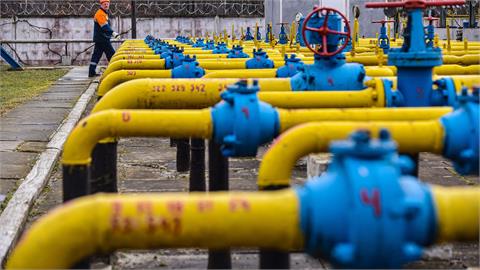Russia’s oil proceeds increased almost 50% in May from a year ago, with the nation managing to circumvent sanctions and get a higher price for its crude.
According to Bloomberg calculations, the country’s oil-related taxes in May clocked in at 632.5 billion rubles ($7.1 billion) with total oil and gas proceeds increasing 39% to 793.7 billion rubles. Russia got $74.98 per barrel for its Urals last month, up from $58.63 a year ago as the blend’s discount to the global Brent benchmark narrowed considerably despite a $60 per barrel price cap imposed by the G-7
The U.S. and its Western allies have taken measures aimed at reducing the inflow of petrodollars by limiting access to western shipping and insurance services, while still keeping Russian oil on the global market. Moscow has countered by using a massive shadow fleet of tankers and selling its oil to Asian customers.
Russia’s oil and gas budget proceeds, however, actually declined by more than 35% in May, with Bloomberg pointing out that the country’s profit-based levy is paid four times a year, in March, April, July and October. Russia’s oil revenues last month could have been even higher if the government had not paid out almost 202 billion rubles to companies to partially compensate refiners for the difference in car fuel prices in Russia and abroad.
Still, Moscow has lowered its expectations for oil tax revenues for the current year to 10.99 trillion rubles from an earlier estimate of 11.5 trillion rubles.
The downward revision comes as the Kremlin projects it will receive lower prices for Russian crude and natural gas in the current year. Russian crude is now expected to trade at ~$65 a barrel in 2024, compared to an earlier projection of $71.30 while Russian natural gas is expected to fetch $252.80 per thousand cubic meters, 6% lower than earlier projections.
(Oilprice.com, June 05, 2024)



